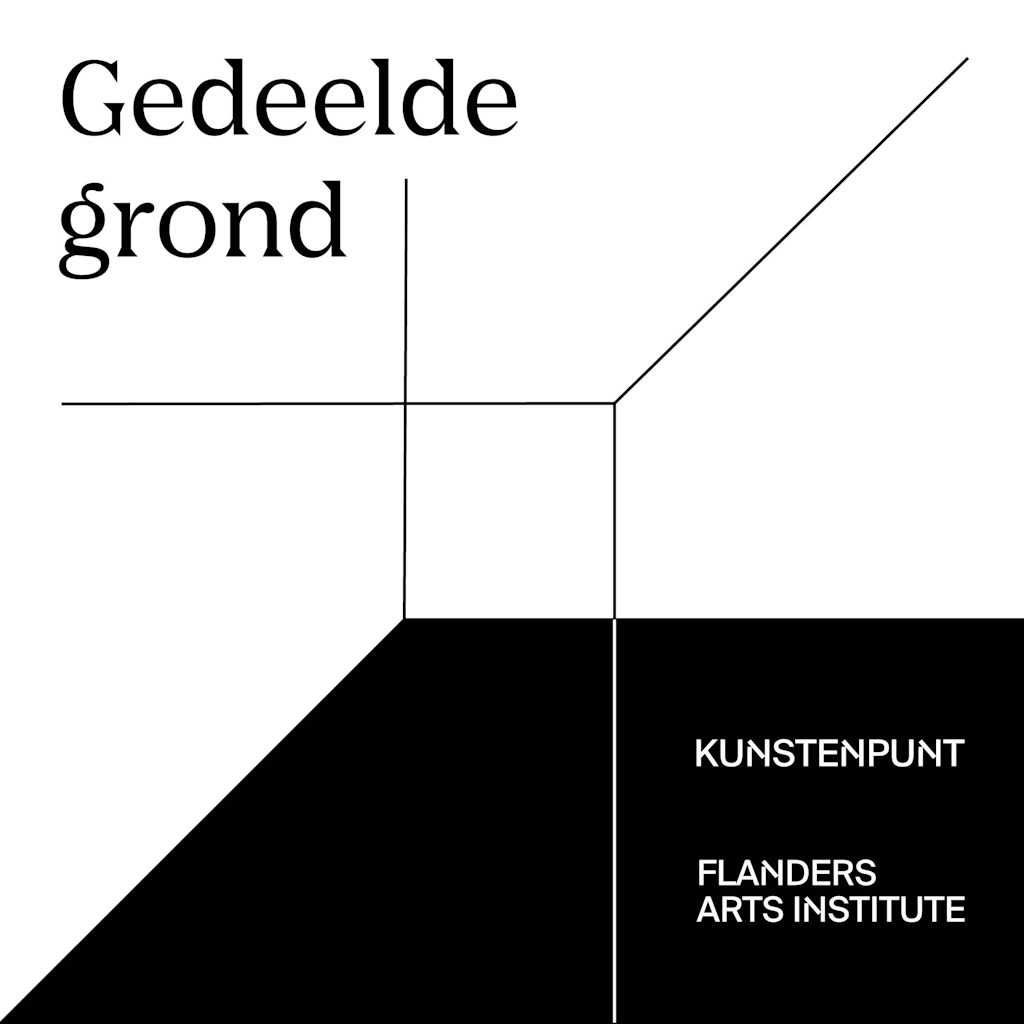Gedeelde grond (Shared ground) 4 – listen to the new podcast episode with Jan Vandenhouwe
Gedeelde grond (Shared ground) is a new series of conversations with arts professionals from Flanders. What do they dream about? What do they worry about? In the fourth episode, Jan Vandenhouwe, artistic director of Opera Ballet Flanders, talks about the role he thinks culture could and should play in society.
We are trying to show content from Spotify.
Kunsten.be only uses minimal cookies. To view content by a third party website, this site can place additional cookies. By continuing to browse you are agreeing to the use of those third party cookies.
Read more about our privacy policy?
Summary
Opera Ballet Vlaanderen (OBV) is one of the seven Flemish arts institutions. With locations in Ghent and Antwerp, it produces and presents opera, dance, and concerts with its own orchestra, choir, and children’s choir. Jan Vandenhouwe is the artistic director.
He believes that culture should play a more leadership role in society. Currently, the place of culture is often under pressure, and the sector is mostly on the defensive. However, according to him, the creative sector can play a significant role, especially in times when crises seem to follow each other more rapidly: “Art is inherent in formulating dreams. Art can imagine how the world could be: most major works in the opera genre have always formulated alternatives to what is happening.”
The arts have a leading role and can literally show things on stage, such as how we can live and work together, paying attention to different voices. Take diversity, for example: opera and ballet are historical genres from a time when attention was primarily focused on works written by white men. Nevertheless, OBV seeks balance by, for example, performing works by female composers who have long been overlooked or by working with female conductors.
Furthermore, OBV also focuses on new contemporary work, inclusion, and talent development. Jan says, “Who are we commissioning today, and what stories are we telling? We need to look at the diversity in our cities and bring those stories to the surface. I see that happening here at home: if you look at our children’s choir, it is already much more diverse than our adult choir.”
OBV also observes an evolution in their audience: 50% of last season’s audience had never been to Opera Ballet Vlaanderen before. They come not necessarily because they know Le nozze di Figaro, but to see, for example, Lisaboa Houbrechts at work. “You feel that the titles of major works no longer mean anything to the younger generation. They come for other reasons: an interesting choreographer or filmmaker, an actor, someone they know from elsewhere.” This slowly breaks down the image of opera and ballet as a kind of ivory tower: “I think it’s a good sign when young people come knocking because, by seeing what we do, they feel they can approach us and pitch a project.”
In Italy, Poland, and Hungary, you see what an extreme-right government can cause. What can the arts sector do about it? Jan: “Convey as much connection as possible and continue to come out with positive stories. We must not stiffen. One of the most important things is to keep going, keep creating and trying. The arts are one of the few domains where failure is still allowed sometimes. As an artist, you can still try things out. I think it’s a task for the large institutions to approach working with young creators as a process: it’s not always about the end result but about the learning process.”
So, connection and collaboration, from arts institutions to small organizations, artists, and freelancers. Taking a stand together is necessary to have a dialogue with politics and influence policy. Jan sees an important role for large institutions in this: they must use their weight to continuously put certain themes such as diversity and sustainability on the agenda. “Developing a vision together around those big themes, that is grand.”
Recorded: June 30th 2023 at Opera Ballet Vlaanderen in Antwerp.
Beluister de podcast via
Download the full transcript of the podcast (in Dutch)



